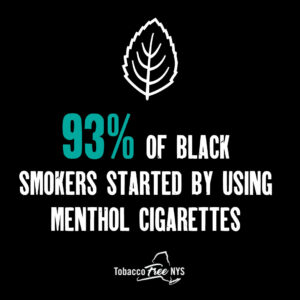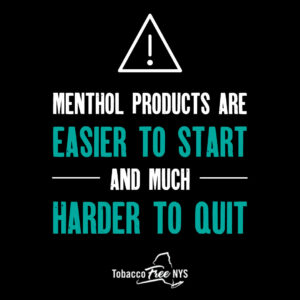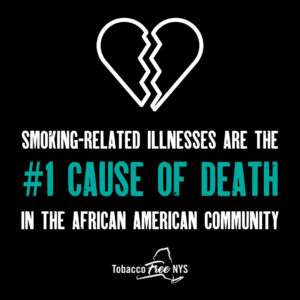Tobacco marketing in retail stores drives tobacco use. To reduce harmful exposure to tobacco marketing, communities may regulate where and how tobacco is sold. These “point of sale” (POS) policy interventions include:
- Regulating the number, type, and location of tobacco retailers
- By reducing the number or type of retail outlets selling tobacco products, a community can help reduce exposure to misleading tobacco marketing. In addition, tobacco use decreases, particularly among youth, when customers need to make a greater effort to obtain tobacco products.
- Limiting the locations allowed to sell tobacco products, especially around youth centered places (schools, parks, etc.) reduces environmental cues to smoke and may have an important impact on whether youth begin using tobacco products.
- Reducing the availability of flavored tobacco and e-cigarette products.
- Flavors are used to increase appeal for tobacco products, especially among youth. Flavored tobacco products are often sold and marketed in ways that are appealing to youth, with bright colored packaging and youth-friendly flavors.
Evidence shows that POS policy interventions limit tobacco company influence on the community, and therefore reduce youth tobacco initiation and promote health equity. Contact us for more information on point of sale policies and how they could work to decrease tobacco use in your community.
(Source: https://www.cdc.gov/tobacco/data_statistics/fact_sheets/tobacco_industry/marketing/index.htm)

Take Action Against Tobacco Marketing and Promotion of Menthol Tobacco Products
A new statewide campaign aims to put a spotlight on how the tobacco industry has specifically targeted African American communities for decades with its aggressive marketing of menthol products. The “It’s Not Just” campaign launched statewide on No Menthol Sunday, May 16, and is focused on ending the misconception that menthol is just a flavor. It’s not just an injustice, it’s killing Black Americans.
Learn More at by visiting NotJustMenthol.com
Menthol is a substance found in mint plants or is synthetically made that gives a cooling sensation.[1] Menthol is used in medicines, candies and other products, including tobacco products.
On April 29, 2021, the FDA announced their intention to ban menthol cigarettes, as well as banning all flavored cigars. While this is a major step forward for public health, health equity and the commercial tobacco endgame, the rulemaking process for these standards could take years, especially with delay from tobacco industry litigation.
Menthol is linked to higher rates of tobacco use initiation[2]. The cooling sensation helps mask the harshness of the smoke and tobacco taste. It can also cause users to inhale more deeply and become more dependent on nicotine as they inhale more of it, making it harder for users to quit.[3] Menthol cigarette marketing targets a range of groups including African-Americans, other communities of color, LGBTQ+, youth, and women.[4]
(Sources: [1] https://smokefree.gov/quit-smoking/ecigs-menthol-dip/menthol, [2] https://academic.oup.com/ntr/article/20/6/698/3860082?login=true, [3] https://academic.oup.com/ntr/article-abstract/12/suppl_2/S147/1047882/The-Menthol-Marketing-Mix-Targeted-Promotions-For?redirectedFrom=fulltext, [4] https://tobaccocontrol.bmj.com/content/20/Suppl_2/ii20)



